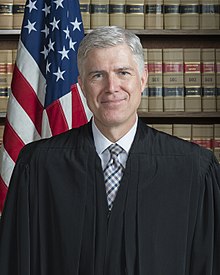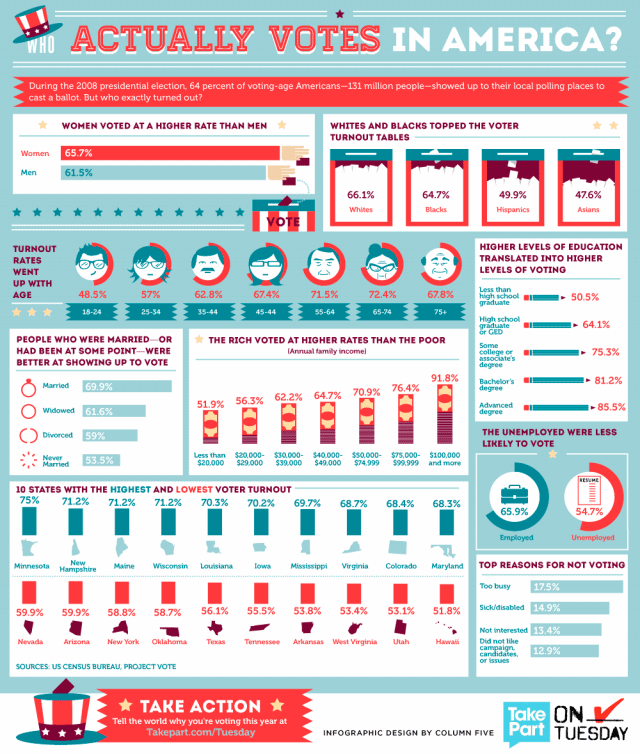For those of you who don't know, the Supreme Court's "season" runs from October to June. The Court hears cases from October to April and issues decisions in May and June. Traditionally they save their most important, controversial, and divisive decisions until the very end of their session in June. That means the court has already issued or is getting ready to issue MAJOR rulings this week on issues like abortion, gay marriage and Trump's travel ban.
 |
| Pictured: Old Mr. Toller? |
This year's Supreme Court season has been marked by controversy not just because of the cases before the court, but because of the court's newest member: Neil Gorsuch. Gorsuch was appointed to the court by President Trump in 2017 in one of his first presidential actions. The appointment of Gorsuch was controversial because the open seat on the Supreme Court that Gorsuch was appointed to was "held hostage" by Senate Republicans throughout the 2016 presidential campaign. You see, Presidents have the ability to appoint justices to the Supreme Court, but the Senate has the power to confirm or reject them. In 2016 a seat on the Supreme Court opened up, and President Obama appointed Merrick Garland (a moderately liberal justice) to fill the seat, but the Republican controlled Senate (led by Senator Mitch McConnell) refused to confirm Obama's appointment of Garland until after the 2016 presidential election (denying President Obama his constitutional duty/power to fill vacancies on the Supreme Court). When Trump unexpectedly won the White House in 2016 he was able to appoint a much more conservative justice to the court that the Republican Senate was more than happy to confirm. That man was Neil Gorsuch.
So, as you can tell, the end of the court's term this year has been wracked with drama and importance.Below you will find two articles - the first is a good primer on the court's current ideological make-up and the second is an excellent summarized list of the major cases before the court. The articles includes embedded links that will help to explain anything you don't understand, so please click away!
The Articles:
Where Neil Gorsuch Would Fit on the Supreme Court - from The New York Times
The Supreme Court’s Biggest Decisions in 2018 - from The New York Times
Questions for Discussion:
Rather than giving you specific questions for each case I'm going to give you some general questions that you can use to help you write your comment about any of the cases in the article The Supreme Court’s Biggest Decisions in 2018.
- Do you agree with the court's decision in the case?
- How will the court's decision impact the country and it's citizens?
- How will the court's decision impact President Trump?
- How will the court's decision impact the 2018 Congressional elections?
Before you comment, look over both articles and the questions and decide which case or cases you would like to write about. Obviously, there are too many here for you to write about all of them in a well developed comment, so instead decided which you think you have the strongest opinion about.
DON'T FORGET TO READ MY POST ON CURRENT EVENT COMMENTS BEFORE YOU WRITE YOUR COMMENT!!


